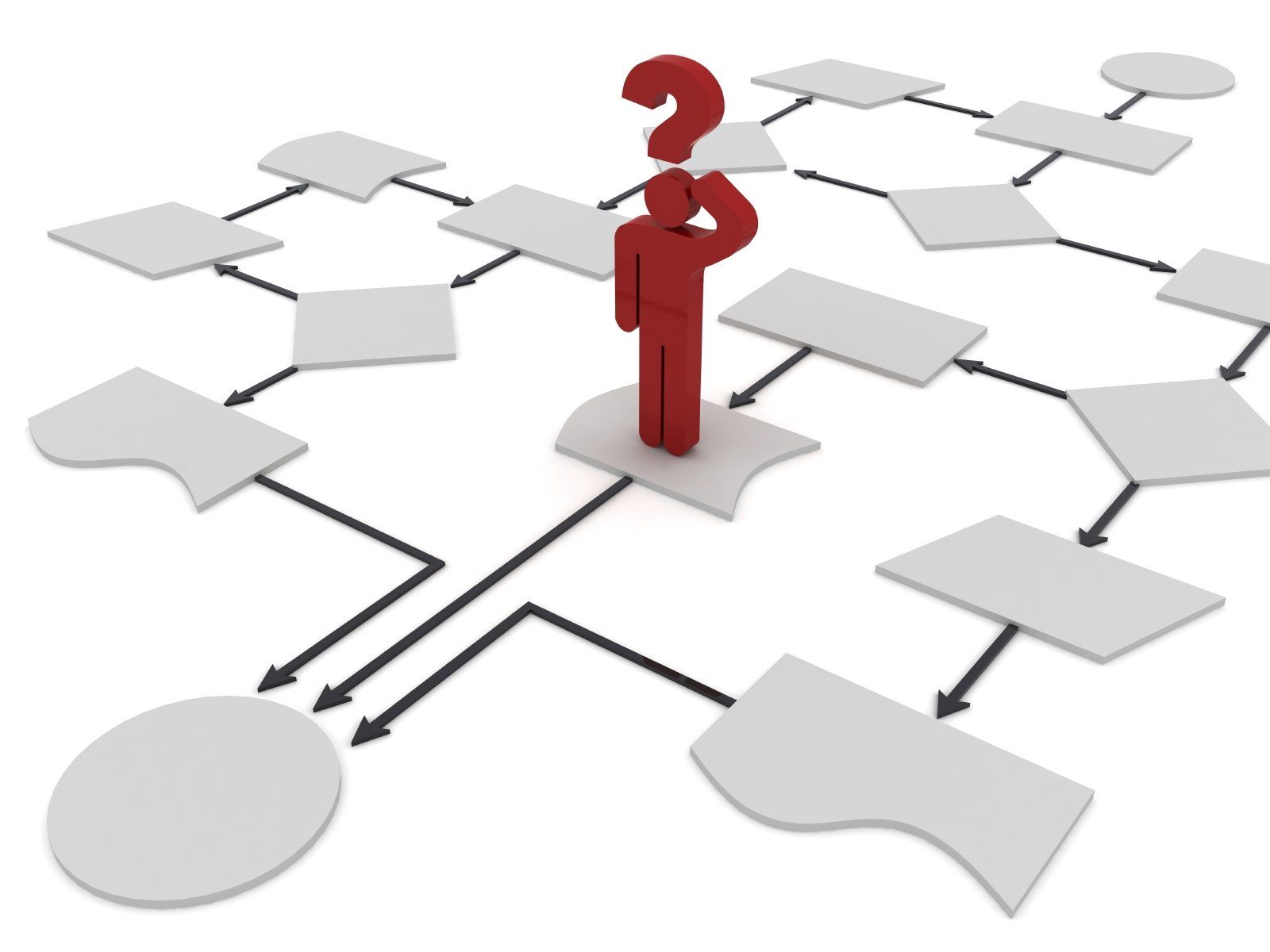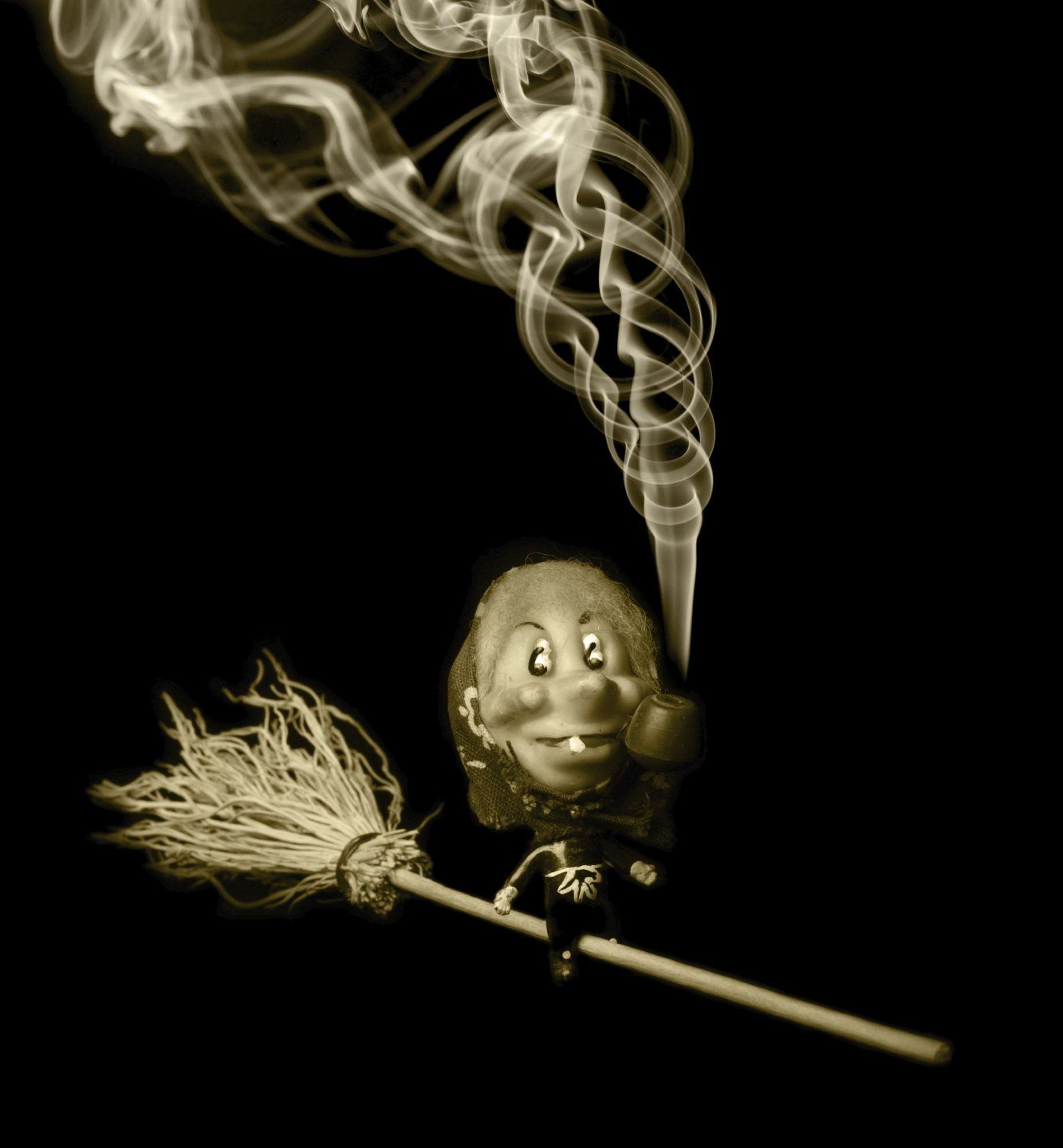Should narcissists lead the country? When pathological narcissism meets high political office.
Should narcissists lead the country? When pathological narcissism meets high political office. Opinion.
This is the question many people are asking today, as ‘partygate’ hits the headlines once again, and continued calls are made for the Prime Minister's resignation. Well, even if Boris Johnson wouldn’t qualify for a diagnosis of NPD, he’s certainly a useful way to highlight problematic narcissistic traits - and to raise the question of how appropriate it is for those who can fundamentally only consider their own interests to be in positions of political power.
Here are a few things that may be giveaways:
He has a false persona, which he puts out to the world. He needs the world to believe in it, so that he can believe in it himself, so that he can use it as a defence against feeling his own true deep feelings of shame, worthlessness and low self esteem. Once a shy young boy, he reinvented himself, as one biographer puts it, into one who ‘combines comedy with erudition’, becoming a ‘gaffe prone buffoon.’ His need to be adored comes across in bucketloads and, as he might say himself (with his penchant for sounding erudite), ‘Ut ameris, amabilis esto’ (if you want to be loved, be lovable). But is witty, lovable Boris who he really is, or just an invented image he hides behind, in order to get external validation?
He lies. The truth, to a narcissist, is whatever they say it is at the time they are saying it. They believe their own lies completely for the duration of the lie - and of course that is why they are utterly convincing (for a time, at least). I’m sure we can all think of many well documented examples here, but given that the false persona itself is a lie, you can see why those with NPD find it so easy to lie about the smaller things too.
"But is witty, lovable Boris who he really is, or just an invented image he hides behind, in order to get external validation?"
He blameshifts - narcissists cannot truly take the blame for their mistakes, as to do so would weaken their protective false persona, and make them feel their own true underlying shame. Feeling this way feels like an existential crisis to a narcissist - to be avoided at all costs. So when Mr Johnson claims that ‘no one told me it was against the rules' to have a party in lockdown, even though he himself stated what the rules were to the nation, it certainly does seem to tick the blameshifting box.
He exploits others to achieve personal gain, throwing others ‘off the bus’ (including by forcing resignations of colleagues he has scapegoated for his own errors). Interpersonal exploitation is a hallmark sign of narcissism.
He is unwilling to empathise with the feelings, wishes and needs of other people - his numerous extramarital affairs would have caused immense pain to his wives. His allowing late night revelling in Downing Street (breaching Covid restrictions), whilst the nation and the Queen mourned Prince Philip’s death, and his failing to personally apologise to the Queen for it, could easily also be a sign of low empathy.
"The driving force of needing external validation (narcissistic supply) from others is a powerful one, and can bring great success to those with NPD"
He is fixated on fantasies of power, success and intelligence - which in his case have become realities. The driving force of needing external validation (narcissistic supply) from others is a powerful one, and can bring great success to those with NPD. Even as a child he wanted to become ‘world king’.
He believes he is exempt from normal rules and laws. Partygate. Not wearing a mask when visiting hospitals in spite of repeated requests to do so. Claiming that he didn’t need to self isolate after coming into contact with confirmed cases of Covid because he was ‘trialling a new system’ - the full list is a long one.
He has a sense of entitlement. Even as a 17 year old he was described by his classics master, Martin Hammond, at Eton as believing that he "should be free of the network of obligation which binds everyone else" and being "surprised" that he "was not appointed Captain of the School" Having a sense of entitlement is a defining characteristic of those with NPD. The expensive refurbishment of his Downing Street flat might also fall into this category.
He needs to believe that he is superior, unique and special - again, suggested by his schoolteacher Mr Hammond - “I think he honestly believes that it is churlish of us not to regard him as an exception..."
He needs continual admiration from others. Might Mr Johnson’s need for admiration be seen as a bucket with a hole in it - continually needing to be topped up with ‘narcissistic supply’ from everyone around him?
He deprecates and treats his former idols with contempt - Dominic Cummings, Jennifer Arcuri (his former mistress) - there is a long list here. This is known as ‘splitting’ - narcissists are unable to see people as a blend of good and bad, and see them as only ‘all good’ or ‘all bad’, and, once they have fallen off their pedestals, they are treated accordingly.
He had the sort of upbringing that can lead to the development of NPD. Narcissists are ‘made’ and not born. His father Stanley was a self obsessed dad, and a violent and unfaithful husband, whose wife (Boris’s mother) suffered a nervous breakdown and was admitted to the mental health hospital, The Maudsley, for eight months when Boris was just a child. Even she has been quoted as saying that his childhood ambition to become ‘world king’ was to “make himself unhurtable, invincible...”
His father would pit the three young children off against one another, in what could be seen as the common narcissistic tactic of the dynamic of the golden child, the scapegoat and the invisible child - all of the above suggesting that Stanley might be narcissistic himself, which is a big risk factor for the development of narcissism in his children.
Narcissists cannot care about other people because they are unable to step into their shoes and actually feel their pain, or joy, or any other emotion. They are self focused, and are exploitative by definition. They are driven by a need to feel superior and special, so that they can avoid feeling their true underlying feelings of shame, of worthlessness and of inadequacy - and they become this way as a result of an adverse childhood.
So, are those with NPD fit to lead the country? Probably not, as their motives are not pure, they cannot not have the best interests of the nation’s people at heart and they need to believe themselves to be superior above all else.
As famed Personality Disorder psychologist, Theodore Millon put it: "Were narcissists able to respect others, allow themselves to value others’ opinion, or see the world through other’s eyes, their tendency towards illusion and unreality might be checked or curtailed. Unfortunately, narcissists have learned to devalue others, not to trust their judgements, and to think of them as naive and simpleminded. Thus, rather than question the correctness of their own beliefs, they assume the views of others are at fault. Hence, the more disagreements they have with others, the more convinced they are of their own superiority and the more isolated and alienated they are likely to become."
Well, narcissist or otherwise, this last sentence certainly seems to be panning out for Alexander Boris de Pfeffel Johnson. Perhaps it’s time all those who are considering running for Prime Minister undergo personality disorder testing from now on?
That's one thing that would definitely get my vote.
















